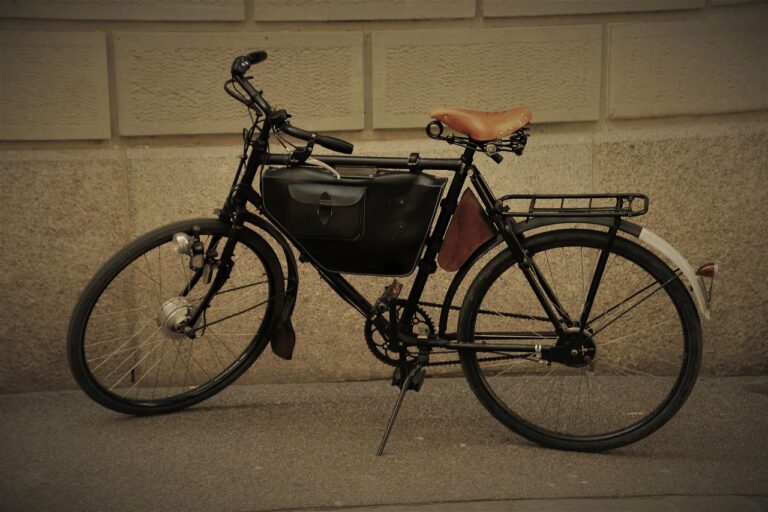The Impact of Social Media on Mental Health
Social media has become a pervasive aspect of modern life, with many individuals spending a significant amount of time engaging with various platforms on a daily basis. Through the constant exposure to carefully curated images and messages, social media can have a profound impact on an individual’s self-esteem and body image. The culture of comparison that is fostered on these platforms often leads to feelings of inadequacy as individuals measure themselves against impossibly high standards set by influencers and celebrities.
Moreover, the prevalence of filters and editing tools on social media can distort reality, creating unrealistic beauty standards that can be internalized by users. The incessant portrayal of flawless bodies and faces can trigger feelings of insecurity and dissatisfaction with one’s own appearance. As individuals strive to attain unattainable ideals, their self-esteem may suffer, leading to negative self-perception and body image issues.
The Relationship Between Social Media Use and Anxiety
With the pervasive nature of social media in today’s society, researchers have been exploring its impact on mental health. One area of concern is the potential link between social media use and anxiety. Studies have suggested that excessive time spent on social media platforms can contribute to feelings of anxiety, particularly in young adults and adolescents.
The constant exposure to curated and often unrealistic representations of others’ lives on social media can lead to a phenomenon known as “social comparison.” This process involves individuals comparing their own lives, accomplishments, and appearances to those of others, which can trigger feelings of inadequacy and self-doubt. As a result, individuals may experience heightened levels of anxiety as they strive to meet the perceived standards set by social media influencers and peers.
The Connection Between Social Media and Depression
Social media has become an integral part of our daily lives, offering a platform for individuals to connect, share, and express themselves. However, research has shown a concerning link between excessive social media use and the prevalence of depression. The curated and often idealized representations of others’ lives on social media can evoke feelings of inadequacy and low self-worth among users, leading to a negative impact on mental health.
Moreover, the constant comparison to highly edited and filtered images on social media platforms can fuel feelings of self-doubt and contribute to a distorted perception of reality. This pressure to conform to unrealistic standards perpetuated by social media can exacerbate feelings of isolation and loneliness, ultimately increasing the risk of developing symptoms of depression.
How does social media influence self-esteem and body image?
Social media can create unrealistic beauty standards and comparisons, leading individuals to feel inadequate about their own appearance.
Can excessive use of social media lead to anxiety?
Yes, excessive use of social media has been linked to increased feelings of anxiety and stress due to factors such as fear of missing out (FOMO) and cyberbullying.
Is there a connection between social media and depression?
Research has shown that heavy use of social media can contribute to feelings of depression, loneliness, and isolation, especially when individuals compare their lives to the carefully curated versions presented online.
How can one protect their mental health while using social media?
It is important to limit social media usage, curate a positive and diverse feed, and prioritize real-life interactions and self-care activities to maintain mental well-being.







